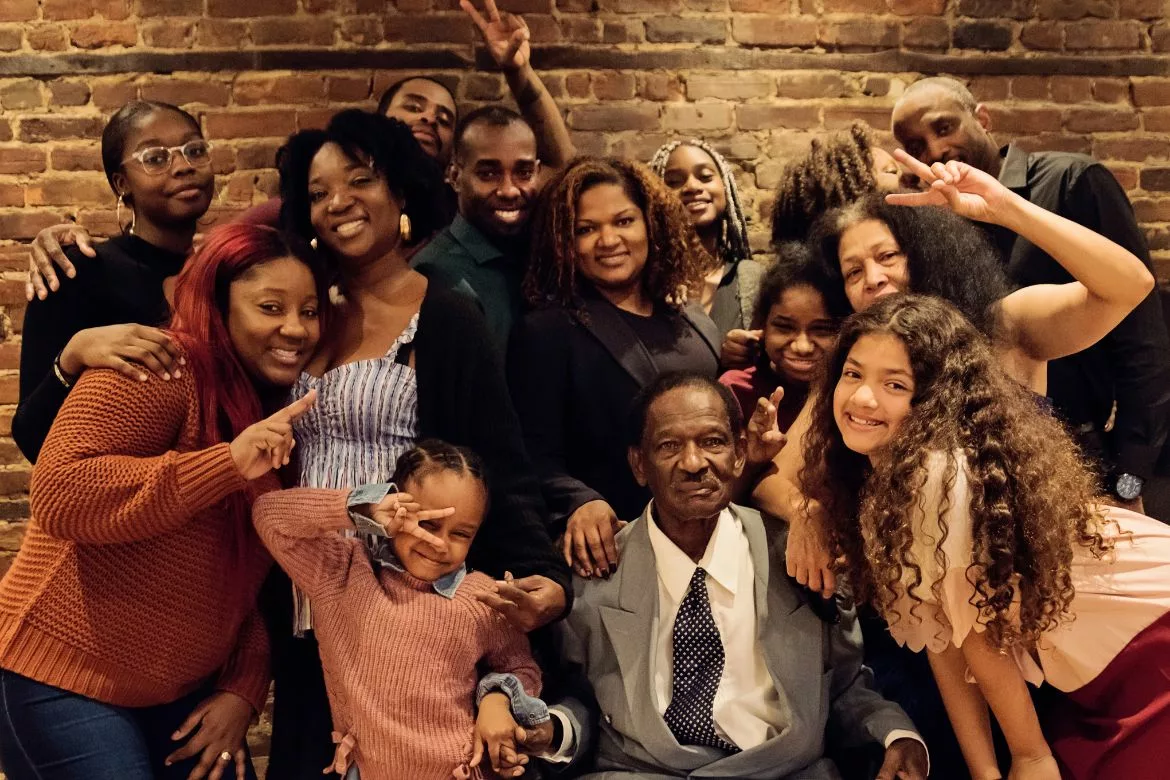Recent research suggests that following traumatic experience, ensuing psychological, emotional, or physical responses may not merely be confined to survivors. Rather, trauma can be likened to a disease, which has the capacity to spread throughout our families, social circle, culture, and even epigenetics over the course of time. The phenomenon, known as intergenerational trauma, has most notably been studied through accounts from survivors of historical/cultural events, such as the Holocaust, slavery, war, displacement of American Indians, etc. Many of these studies cited children of these survivors exhibiting some of the same trauma responses and even diagnoses as their parents without ever having experienced the trauma firsthand. The reality is that following generations have the capacity to transmit this trauma of the past into the present, so the question remains, where does it end?
In a nutshell, trauma occurs when an individual experiences (directly or indirectly) severe, lasting, harm. This can produce any number of symptoms including anxiety, sleep disturbance, avoidance, cognitive or physical disconnect, negative automatic thoughts, hypervigilance, somatic discomforts, flashbacks, panic, and more.
Individuals who remain in “survival mode” following trauma often model behaviors and messages grounded in their trauma to those closest them. Imagine a POW who has been subjected to severe torture and neglect, is rescued, and eventually finds himself raising his own children further down the line. These children witness their father shutting down at the mention of war-related content or discussion. He does not show or disclose emotion, but instead drinks heavily to cope. Their father is highly distrustful of others and is overly protective of his children, to the point of authoritarian parenting.
In turn, his children adopt beliefs such as, “the world is unsafe and unpredictable,” or “feelings are best kept to oneself.” They adopt avoidance-based coping strategies, isolate within their small family circle, and don’t do well outside of a highly structured and controlled environment. While this will certainly not be the case for everyone who has experienced a trauma, it’s important to consider the possibility that this phenomenon might be at play within our own family system so that we can best intervene from an accurate transgenerational perspective. It’s important for people to understand the historical nature of their symptoms and to know that this is something inherited and part of a larger, systemic problem.






